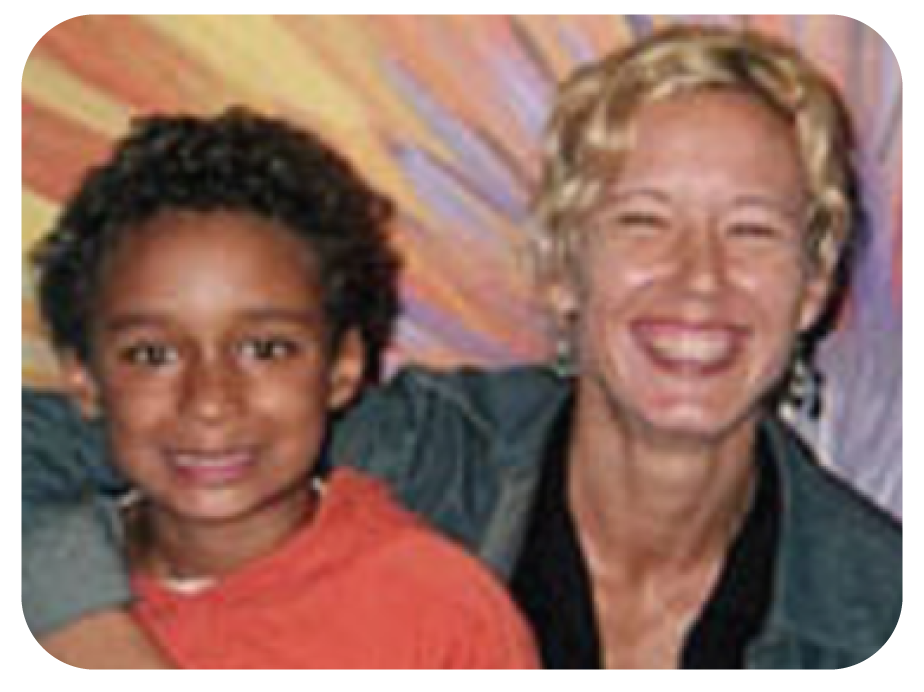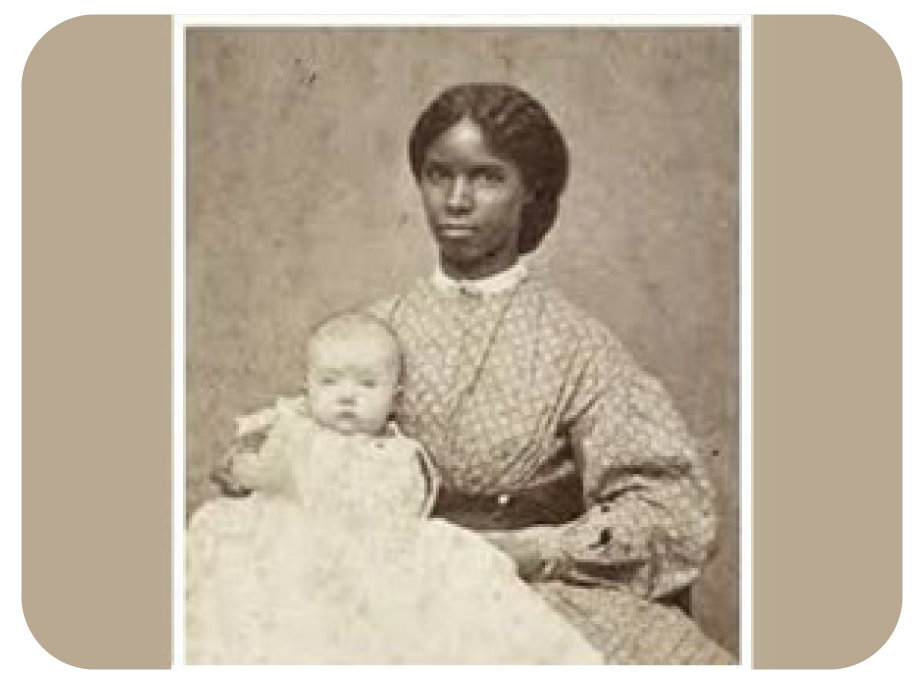Opening the Conversation around Race
and Identify in the Chiropractic Office
Hello.

Sadly, while many other professions require extensive social sensitivity training (including healthcare in general), we Chiropractors are not required to take even 1 unit. We would like this to change; especially in light of the current political and social unrest in our world. It occurred to us that, while we have your attention in the Breastfeeding seminar, that you need to earn a few credits for Ethics as well.
This course focuses on the disparity of birth and breastfeeding in the black community, but has been thoughtfully designed to help us look at all forms of disparity – race, gender/identity, etc…
Our goal is simply to open a dialogue, to create more awareness and inclusivity, and to provide resources for further training and support. If this is not for you, then move on. The course is optional. We hope that by providing the opportunity, that we are making a small step towards more understanding in the world.
Thank you for being here.

$49
There is currently a huge healthcare crisis in the USA. The fact is that black women experience higher rates of poor birth outcomes, including higher rates of Cesarean, preterm birth, low birth weight, and infant death. Studies show that significant racial disparities (differences) in birth outcomes continue to exist even after accounting for factors like the pregnant parent’s, income, education, marital status, tobacco/alcohol use, and insurance coverage.
In other words, health and social factors alone can’t explain the higher rates of poor birth outcomes among people of color.
Then what does explain this tragic health inequity?
Dr. Gerner acts humbly as a facilitator in this short course to identify some of the challenges we face around the issues of race and identity in the world and the healthcare setting.

$49
There is currently a huge healthcare crisis in the USA. The fact is that black women experience higher rates of poor birth outcomes, including higher rates of Cesarean, preterm birth, low birth weight, and infant death. Studies show that significant racial disparities (differences) in birth outcomes continue to exist even after accounting for factors like the pregnant parent’s, income, education, marital status, tobacco/alcohol use, and insurance coverage.
In other words, health and social factors alone can’t explain the higher rates of poor birth outcomes among people of color.
Then what does explain this tragic health inequity?
Dr. Gerner acts humbly as a facilitator in this short course to identify some of the challenges we face around the issues of race and identity in the world and the healthcare setting.
If you want to be a true professional, you will do something outside of yourself. Something to repair tears in your community. Something to make life a little better for people less fortunate than you.
That’s what I think a meaningful life is- living not for oneself,
but for one’s community.
Ruth Bader Ginsburg

Thank you!
we encourage you to donate what you can to help BIPOC
(Black, Indigenous and People of Color) to receive support in Birth and Breastfeeding.
Thank you so much!
Investment
$49




